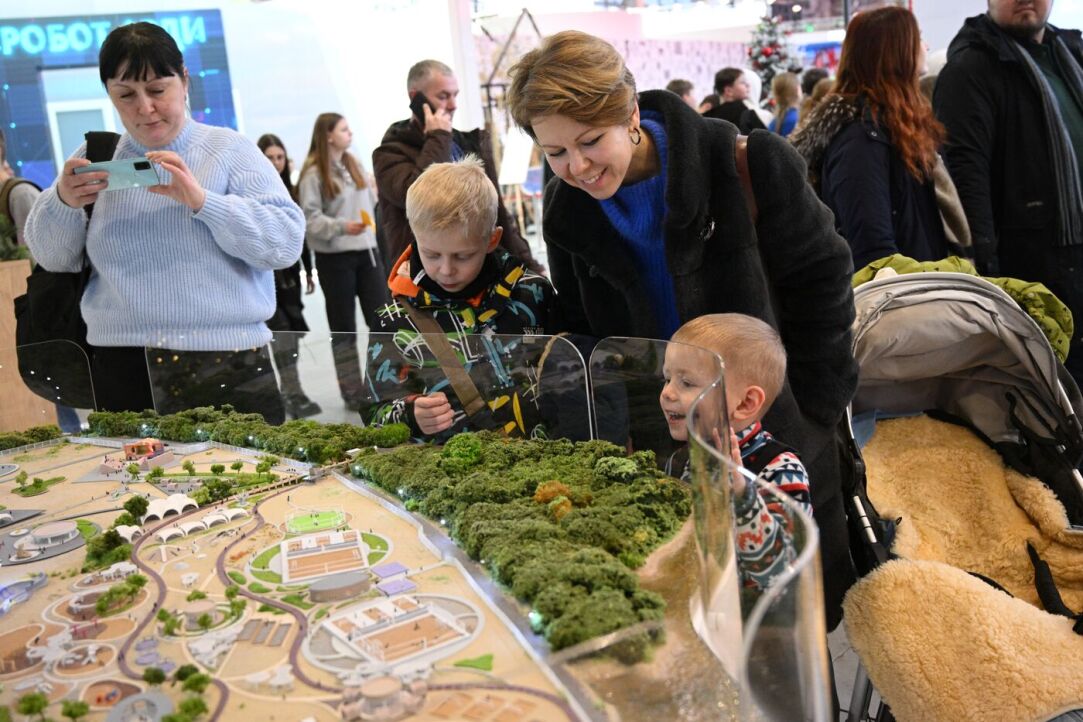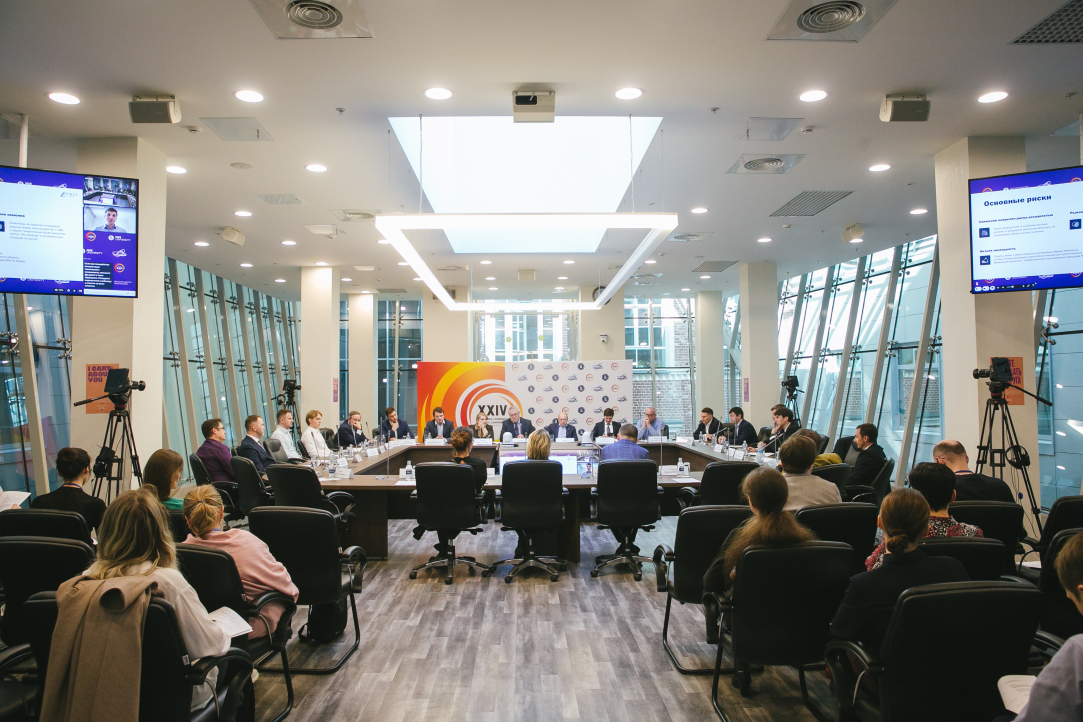
Research by HSE University and EISR: After visiting Russia Exhibition, the Vast Majority Feel Proud of their Country and Confident in Tomorrow
The achievements presented at the Russia International Exhibition and Forum make visitors proud of their country, believe 98% of the participants in a recent study prepared by HSE University and the Expert Institute for Social Research (EISR) in January 2024. More than 4,200 respondents took part in the survey.

Neural Networks of Power: AI Unravels Knots and Tangles in Relationships between Humans, Elves and Hobbits
One of the most popular writers of the last century, John Ronald Reuel Tolkien, was born on January 3rd. Researchers from HSE University, AIRI and MISSIS have used machine learning to explore the social connections between the characters of his Middle-earth universe. The algorithm managed to create an accurate picture of the social structures and dynamics of the characters' relationships, providing a unique map of interactions in the epic world. The results of the work were published in IEEE Xplore.

Scientists Discover Cause of Metastasis Formation in Patients with Colorectal Cancer
An international team of researchers including scientists at the HSE Faculty of Biology and Biotechnology has identified factors which can increase the aggressiveness of tumours in patients with colorectal cancer. An isoform of CD44 protein has been found to play a pivotal role in the development of metastases. The study findings have been published in Molecular Oncology.

25th Yasin (April) International Academic Conference Now Accepting Proposals
Reports on new research results will be presented and discussed as part of the conference’s sections. These reports will be selected based on reviews of proposals. As always, the conference programme features expert discussions of the most pressing economic, social, internal and external issues in the format of roundtables and associated events.

Crypto Investors Receive Downside Risk Premiums
Victoria Dobrynskaya, Assistant Professor at the HSE Faculty of Economic Sciences, has analysed the price dynamics of 2,000 cryptocurrencies from 2014 to 2021 and investigated the association between downside risks and average returns in the cryptocurrency market. As it turns out, cryptocurrencies exhibiting a greater risk tend to yield higher average returns. The study has been published in International Review of Financial Analysis.

Plurilingualism Compensates for Low Extraversion in Nurturing Creative Skills
Researchers at the HSE Laboratory for Linguistic, Intercultural, and Creative Competencies have examined the role of the Big Five personality traits in moderating the development of creativity among individuals who use multiple languages and have intercultural experiences. It has been found that acquiring multiple languages and engaging with diverse cultures can enhance an individual's creativity and compensate for some deficiencies in communicative abilities. That said, language practices are likely to foster creativity only in mentally stable individuals. The paper has been published in the International Journal of Bilingual Education and Bilingualism.

HSE University Students Win in the AIJ Science Competition at AI Journey 2023
The International Sber Conference of Artificial Intelligence, ‘AI Journey 2023’ recently took place in Moscow. Alexander Rogachev, doctoral student of the HSE Faculty of Computer Science, and Egor Egorov, an HSE 4th-year undergraduate student became the winners of the AIJ Science competition for scientific articles on artificial intelligence that was held as part of the event. The research was carried out under the umbrella of the HSE's Laboratory of Methods for Big Data Analysis (LAMBDA).

Games Facilitate Stroke Patients' Recovery
An international group of scientists including researchers from HSE University has proposed a novel approach to rehabilitating patients with motor disorders. According to the researchers, more effective recovery can be achieved by granting patients the freedom to choose their movements and providing an appropriate system of rewards for engaging in the prescribed exercises. The opinion paper has been published in Neurorehabilitation and Neural Repair.

Measuring Pitch Frequency Can Help Train AI to Accurately Recognise Emotions
A new algorithm that enables precise measurement of the pitch frequency of a speech signal, a crucial parameter for identifying emotions and diagnosing illnesses, has been introduced by researchers at HSE Campus in Nizhny Novgorod. This method can operate in a noisy environment, in real time and with fewer computing resources than any currently existing analogues. The results of the study have been published in the Journal of Communications Technology and Electronics.

Microlasers with Quantum Dots Remain Functional at Elevated Temperatures
Researchers from the HSE International Laboratory of Quantum Optoelectronics in St Petersburg have explored the impact of resonator size on the operating temperature of a microdisk laser with quantum dots in a two-level generation mode. Their findings reveal that microlasers can produce radiation across multiple frequencies, even under elevated temperatures. In the future, this breakthrough will enable the integration of microlasers into photonic circuits, potentially doubling information transmission capabilities. The study findings have been published in Nanomaterials.

